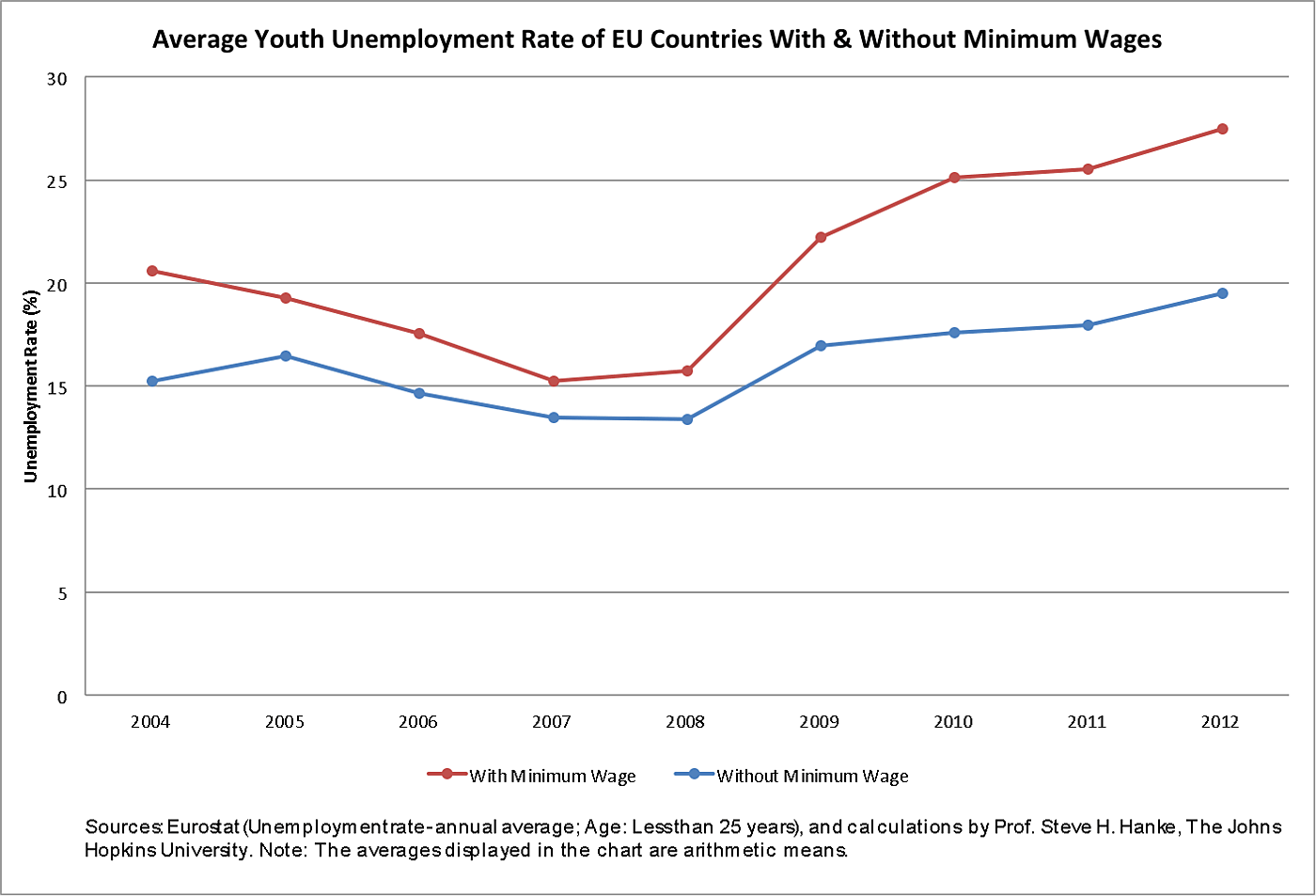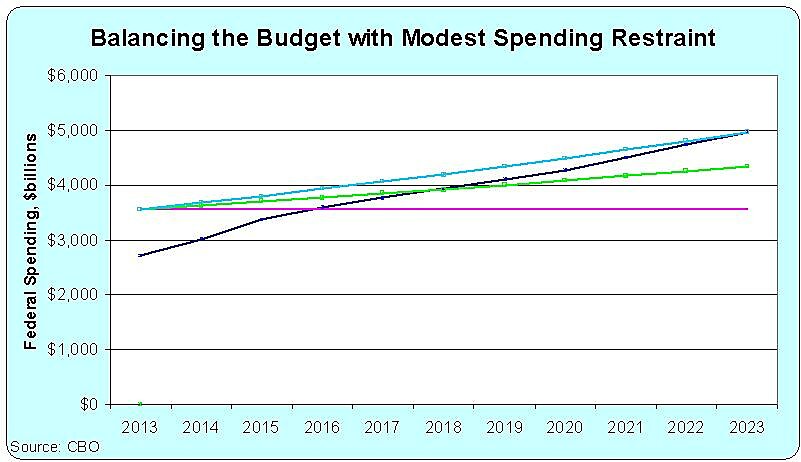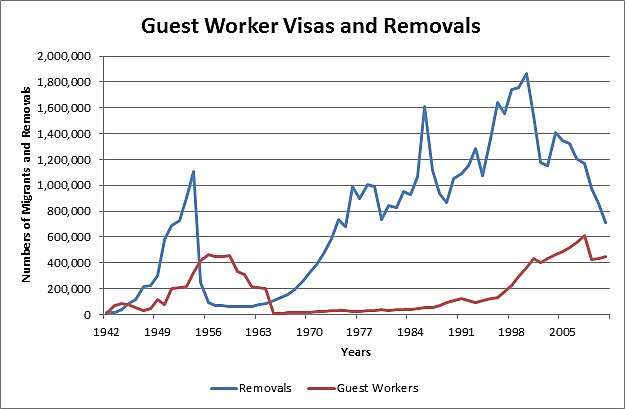Today the Washington Post has a story, also featured in their DC-area radio ads, about how some states are looking to change the name of the Common Core, but not the substance, because the brand has gotten too toxic. That the Post has so prominently run such a story shows just how noxious the fumes surrounding the Common Core curriculum standards have become, and it’s great that the paper is shining a light on dubious efforts to quell opposition. But within the story itself are several examples illustrating why, even as disgust over the Core grows, the average person doesn’t know how truly foul much about the Core is.
The Post certainly makes clear how some states are trying to cover the Core’s stench with perfume rather than attack its rot. Basically, states such as Arizona and Iowa are just changing the Core’s name. Speaking to the Council of Chief State School Officers, one of the two professional organizations that created the Core, likely Republican presidential candidate Mike Huckabee captured the tactic in one, succinct sentence: “Rebrand it, refocus it, but don’t retreat.”
That doesn’t sound like addressing people’s serious concerns. It sounds like, well, deception—alas, nothing new in the Common Core sales job.
Unfortunately, the Post’s story is itself guilty of Core-tilted inaccuracy, though whether knowingly or unknowingly is impossible to tell. And the Post is hardly alone among media outlets in these failings.
There’s no more crucial an example of this than the piece’s description of the Obama administration’s role in getting states to adopt the Core. Twice the article says the administration gave its “endorsement” to the Core, as if the President simply blurbed the back cover of the standards or was filmed hauling lumber in his Ford Common Core 150.
But the administration didn’t just say “Man, this Core is great!” No, it told states that if they wanted to compete for part of the $4.35-billion Race to the Top—a chunk of the “Stimulus”—they had to promise to adopt the Core. And if they wanted waivers from the almost universally disliked No Child Left Behind Act, they would have only one option other than the Core to show that their standards were “college and career ready.”
There’s a reason most states promised to adopt the Common Core before the final standards were even published: They had to for a shot at federal money!
Unfortunately, the Post’s article not only ignores the federal coercion behind the Core, but does so after stating that “the standards were established by state officials with bipartisan support and quickly earned widespread approval.” If you ignore the big federal bribe in the room, that makes Core adoption sound like the “state-led and voluntary” process Core supporters love to tell us it was. But, of course, the bribe was there, so readers are getting at least an incomplete—and definitely pro-Core slanted—picture of what happened.
Making matters worse, soon after stating that there was a mere “endorsement” of the standards by the administration, the article says, “[Core] opponents include tea party activists who say the Common Core standards amount to a federal takeover of local education.” Readers seeing this without knowing about the serious federal coercion involved reinforces the meme that tea party types are kooks who see phantom federal control behind everything they don’t like. It also backs up Core supporters’ tactic of dismissing opponents as nuts rather than dealing with their myriad, grounded concerns.
The article has other problems, but the failure to report on the absolutely real federal coercion behind the Core is the most damaging. A big part of the opposition to the Core is driven by the fact that it is a one-size-fits-all regime being inserted into schools largely by the power of a central government that has no authority to do so. This opposition is made more virulent by the mantra of supporters that the Core is “state led and voluntary” and the aggravating assertion that any who say otherwise are “misinformed” or willfully lying.
To be sure, people on all sides of the issue say things that are wrong—some probably intentionally. But for the public to know the truth, news reports must give the full, basic facts about the Core and its implementation. This is especially important because, as this article does a great job of making clear, some politicians will definitely deceive the public if they think it will help their cause.




